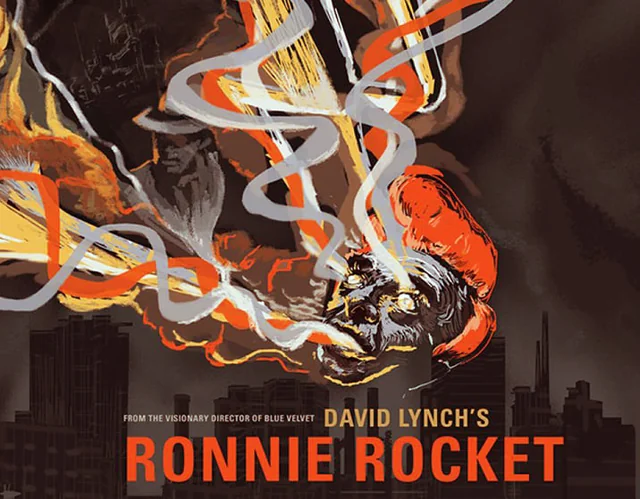Nearly 450 personal items belonging to the late David Lynch — who died in January at the age of 78 — were sold at auction by Julien’s Auctions in collaboration with Turner Classic Movies, fetching a total of more than $4.25 million. It was what’s known in the industry as a “white-glove auction”: every single lot was sold. Nothing was left behind.
A Twin Peaks coffee mug — $11,700. The director’s chair — $70,000, the La Marzocco espresso machine, a cult object for anyone who followed Lynch closely enough to know how many cups of coffee he downed each day — $35,000.
But the beating heart of this catalog of desire was Ronnie Rocket. Eleven different screenplays, all unfinished, all unfilmed, sold for between $150,000 and $195,000. Written over decades but never shot, Lynch kept the project alive without it ever being born. “It’s very abstract, but I love it,” he once said. Its protagonist was a one-meter-tall man with red hair, surrounded by electrical mysteries.
According to those close to him, it wasn’t the producers who stopped it; it was he himself, because he wasn’t ready, or didn’t want to be. Because, as in his films, what matters is not the completion, but the in-between, the delay–that infinitesimal interval between a door opening and one that never quite shuts.

Credits: Promotional artwork / Julien’s Auctions
Then there was Unrecorded Night, the series Lynch was developing for Netflix before the pandemic. A long story, they say — mysterious, risky and never filmed, and perhaps never even begun. Cinematographer Peter Deming said it took three days just to read through it. But the truth is, no one really knows what was inside, and now, we never will.
David Lynch died at his daughter’s home in Los Angeles, as the city burned in the January 2025 wildfires. A few months later, Mylène Farmer paid tribute to him at the opening of the Cannes Film Festival. Then came the auction, and with it, a reckoning, not with cinema, but with memory; because what crossed the auction block that day weren’t just objects. They were the tangible remains of an intangible world: the carpet from the Black Lodge, the Winkie’s diner menus, the Mulholland Drive script, which sold for $98,000.
Who bought Ronnie Rocket? No one knows, but it doesn’t matter, because that film never needed a camera to exist. It’s enough to know that somewhere, on some table, Lynch was still rewriting it. Now that lingering has been sold, and the moment it became ours, it vanished.












